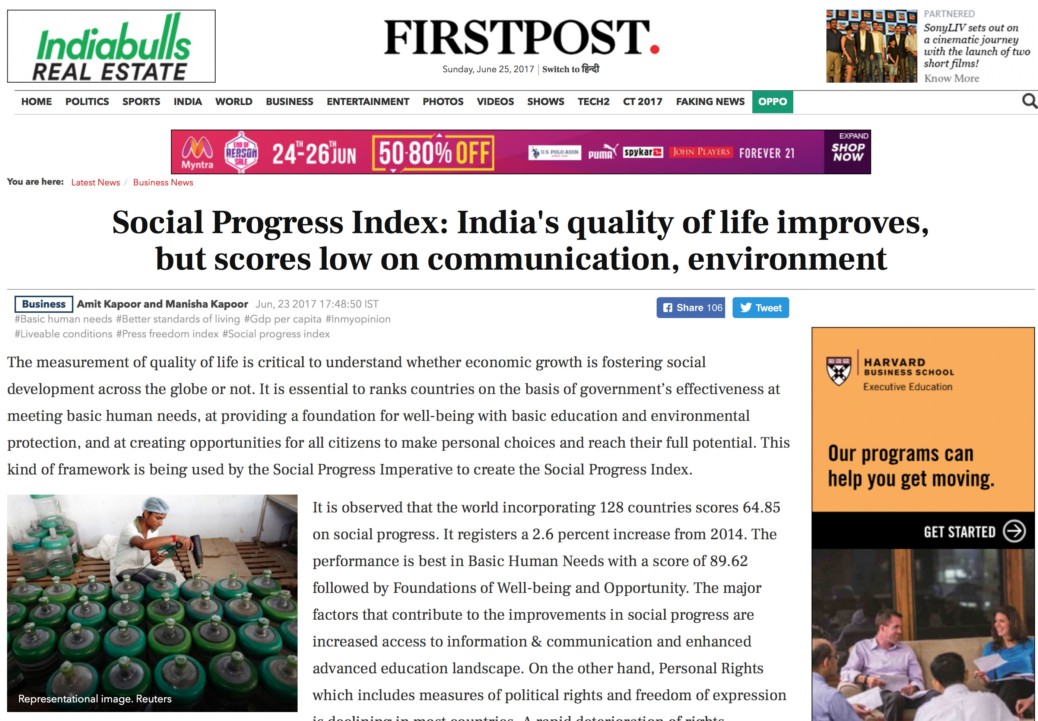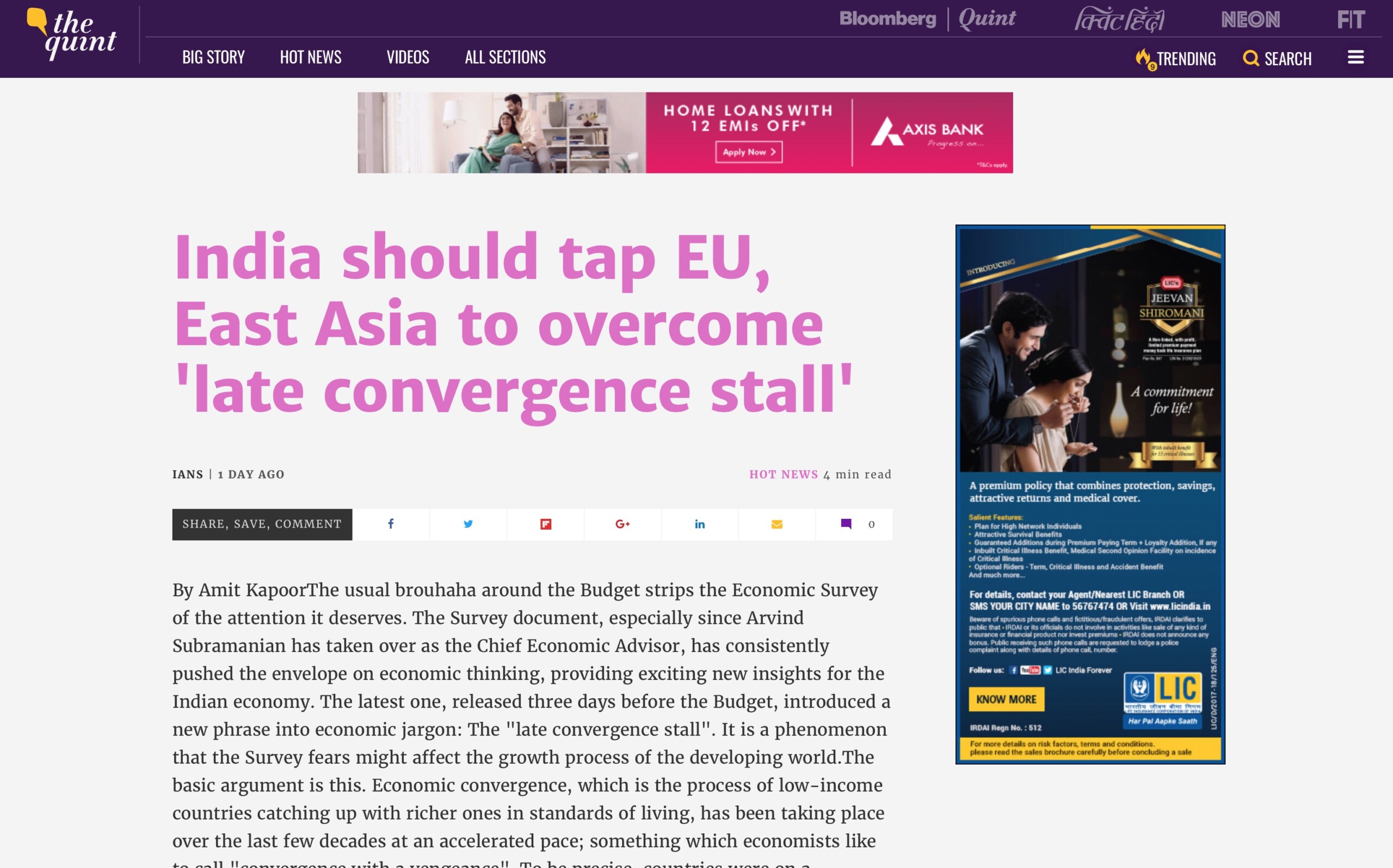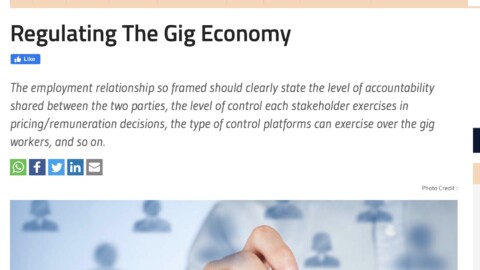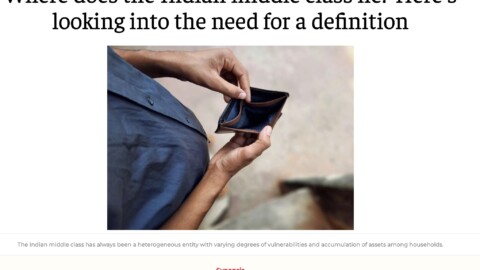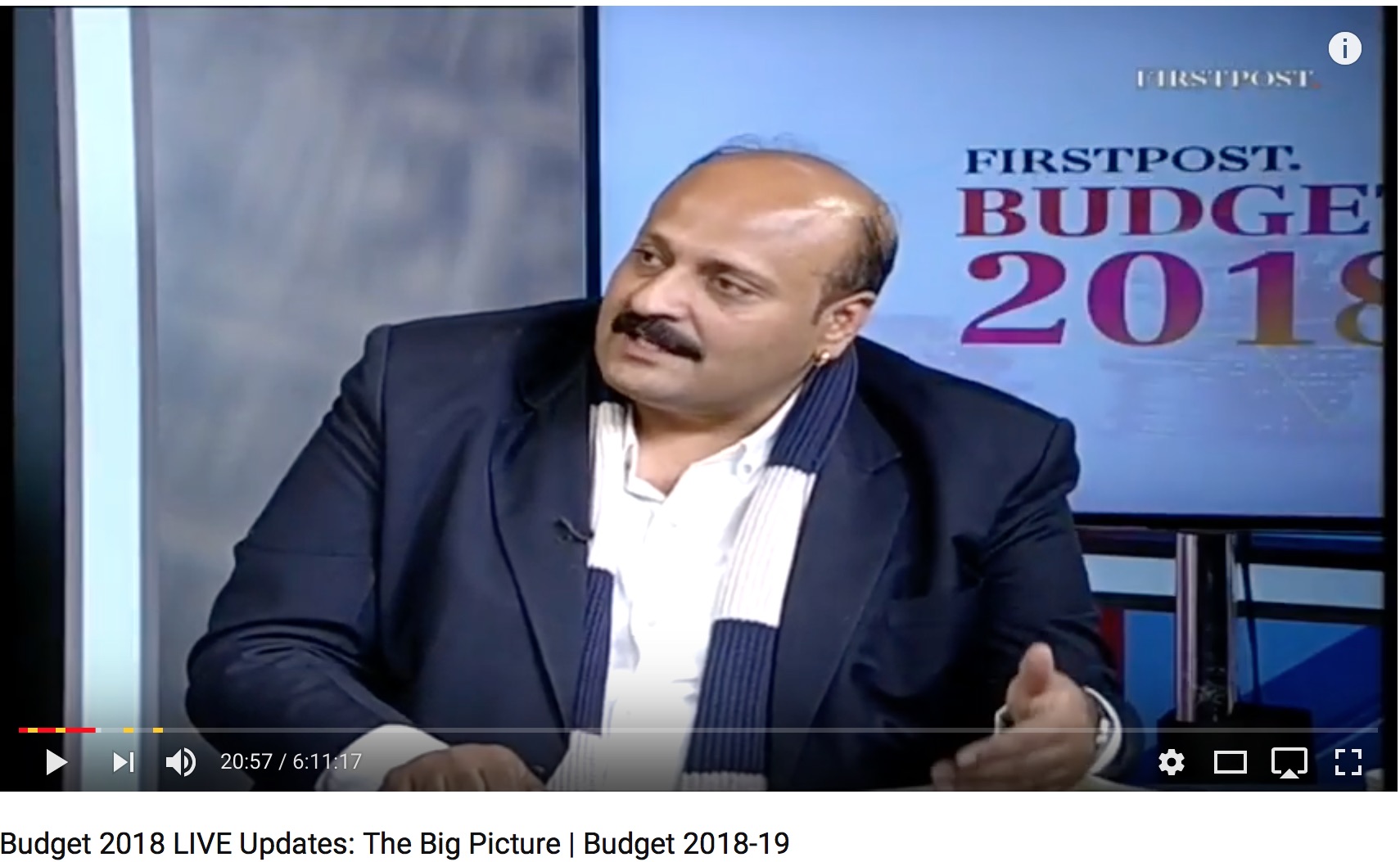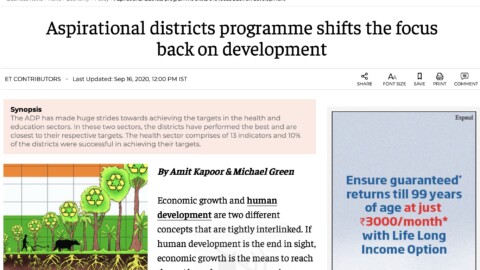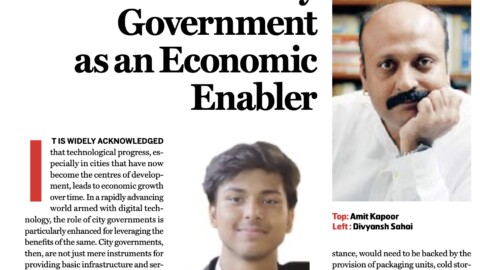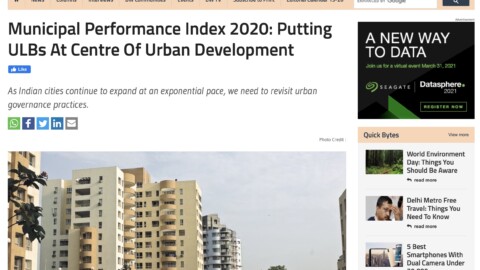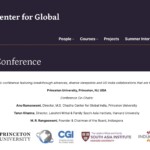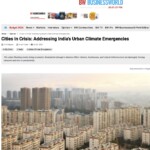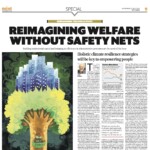The measurement of quality of life is critical to understand whether economic growth is fostering social development across the globe or not. It is essential to ranks countries on the basis of government’s effectiveness at meeting basic human needs, at providing a foundation for well-being with basic education and environmental protection, and at creating opportunities for all citizens to make personal choices and reach their full potential. This kind of framework is being used by the Social Progress Imperative to create the Social Progress Index.
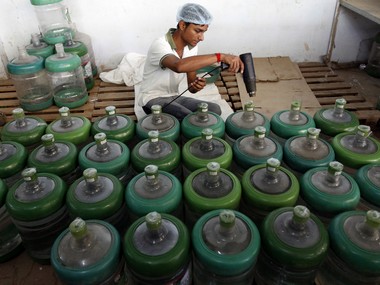
It is observed that the world incorporating 128 countries scores 64.85 on social progress. It registers a 2.6 percent increase from 2014. The performance is best in Basic Human Needs with a score of 89.62 followed by Foundations of Well-being and Opportunity. The major factors that contribute to the improvements in social progress are increased access to information & communication and enhanced advanced education landscape. On the other hand, Personal Rights which includes measures of political rights and freedom of expression is declining in most countries. A rapid deterioration of rights, especially in terms of falling political participation and worsening freedom of expression and assembly, points out that the choices of citizens are being threatened. Also, the advancements in Personal Safety have been intangible. This is mainly due to the reverse changes in the homicide rate and violent crimes which some countries are experiencing.
Although the world as a whole is progressing on social parameters, country level performance varies. Most of the countries have improved their scores and thus the citizens enjoy better standards of living. But a small group of 15 countries registered an average decline of 0.64 points in their overall scores. The citizens in the latter group of countries are experiencing a rollback of their basic rights such as access to education, healthcare systems, and are more prone to violence and injustice. This backsliding of social progress is highly unexpected as every country is focussing on achieving the Sustainable Development targets that considerably overlap with the social progress parameters.
It is essential to emphasise on two countries in the group that shows a declining trend. Republic of Congo and Central African Republic, both of them not only register a decline in quality of life but have also failed to reach the same level of progress as their economic peers. Both the countries declined most in Tolerance & Inclusion and Personal Safety. Republic of Congo is experiencing political instability since many decades that has led to problems such as political terror, safety etc. Central African Republic is in crises since 2012 that has aggravated social issues further.
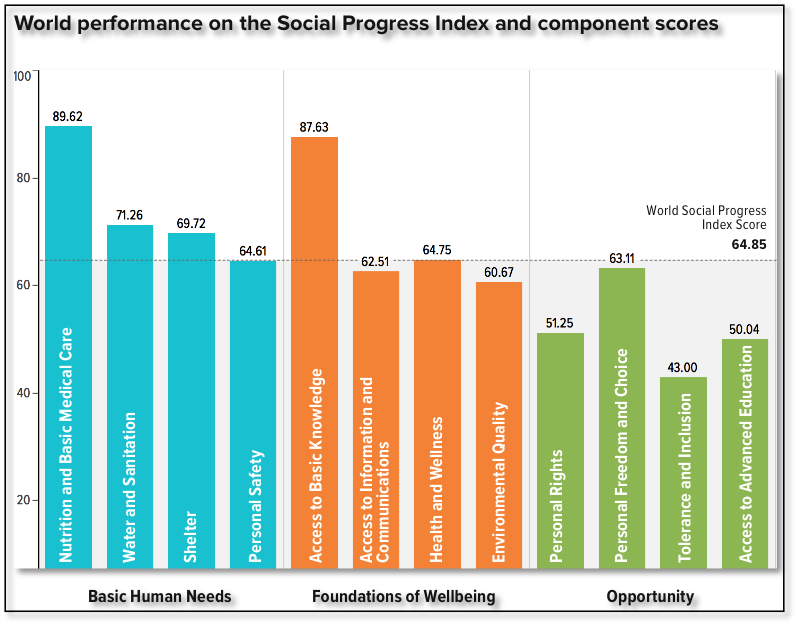
It is also vital to look at China and India, the two most populous countries that significantly affect the world scores. China is placed at 83rd position with a score of 63.72, registering an improvement by 1.42 points since 2014. It is able to provide its citizens with basic facilities like health, shelter but supresses the political participation and attacks free expression. Thus, the scores on Opportunity dimension of the Social Progress Index, that measures citizens choices, are just 42.89. On a relative basis, like previous year, it still underperforms compared to its economic peers. For instance, Brazil that has almost similar level of per capita scores 73.97 on the index and falls into a higher category of social progress than China. For driving inclusive growth, the Chinese economy should learn from its peers and strategise accordingly.
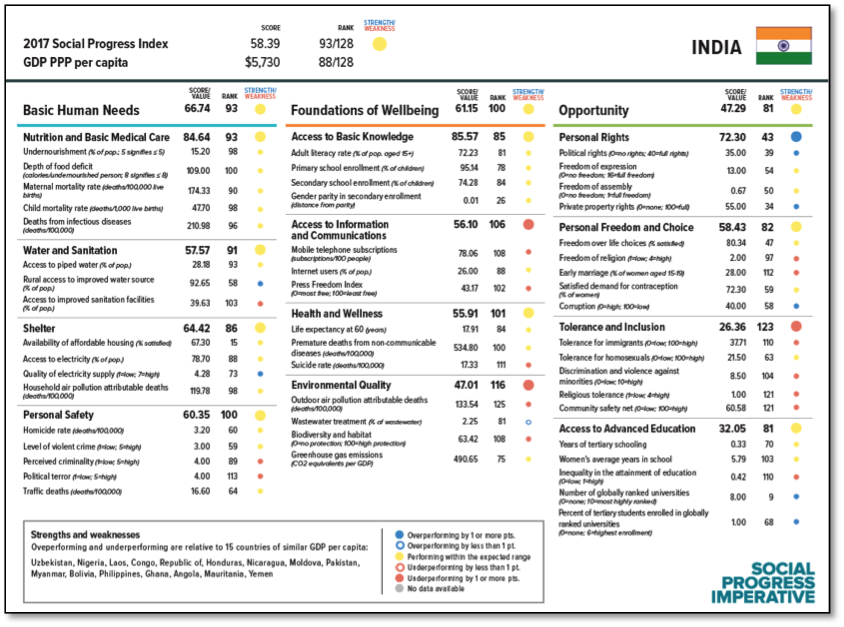
India which is ranked at 93rd position performs within the expected range on a relative basis. It outperforms when compared with countries having similar GDP per capita in providing water and electricity facilities. On an absolute level, India has moved up from the tier of “Low Social Progress” to “Lower Middle Social Progress.” The progress is mainly driven by the advancement country has experienced in two components: Shelter and Access to Information and Communication. The liveable conditions have significantly advanced. For instance, affordable housing is now accessible to 67 percent of the population as opposed to 42 percent in 2014; there is a 14 percent fall in the deaths attributable to household air pollution. Internet users have increased sharply from 12 percent in 2014 to 26 percent in 2017. Other measures of communication, such as Press Freedom Index, phone subscribers also register an upward trend. However, there is still a lot of scope for improvement in providing communication facilities. For instance, the internet users are way low than the world average. The country also needs to address environmental challenges to step further up in social progress ranks.
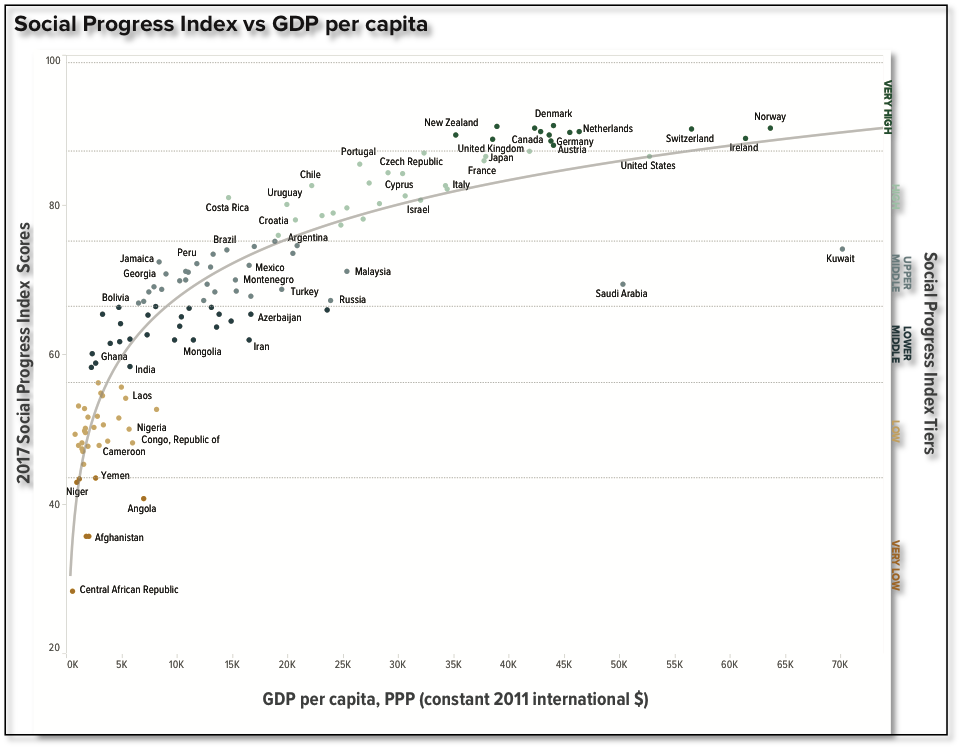
Apart from illustrating the social challenges prevalent in the world, the index points out that every economy has a different capacity to transform economic growth into social progress. Although greater income can easily and positively influence a country’s social progress performance some countries are much better at turning their economic growth into social progress. For instance, India and Laos have similar levels of GDP but the social progress performance of India is better than the latter.
Overall, it is important for the countries to act on social challenges by designing innovative mechanisms that will help them move towards a more inclusive society.
The article was published with First Post on June 23, 2017.
